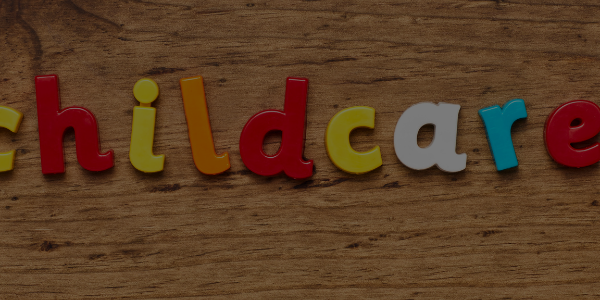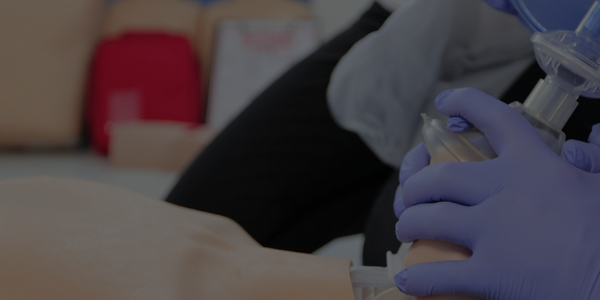Diarrhea typically resolves without treatment. However, if you have diarrhea for more than two days, or if it is accompanied with a fever or bloody stool, contact your doctor immediately.
What exactly is Diarrhea?
It is a condition characterized by loose, watery stools that are passed frequently and unexpectedly. It can be acute (short-lived) or chronic (long-lasting). Although diarrhea is common, it is important to be checked by your doctor if you have persistent or severe symptoms of diarrhea.
It occurs when the digestive system is not functioning properly, resulting in the frequent passage of watery stool. This can occur as a result of infection by viruses, bacteria, or parasites, but can also occur due to food intolerance (such as lactose intolerance), malabsorption (a problem absorbing nutrients), and other conditions such as irritable bowel syndrome and inflammatory bowel disease.
Sometimes it is severe enough to cause dehydration; this happens when loss of fluid and electrolytes exceeds fluid intake. Dehydration can occur quickly in young children and older people and lead to serious complications if left untreated.
Treatment for it depends on the cause of the diarrhea. For example, antibiotics are used to treat bacterial cause of it. Medications called antidiarrheals can help stop the frequent passage of stools and increase stool consistency. Some foods such as plain applesauce or bananas can help bind the stool in some cases. Drink plenty of fluids to replace those lost with diarrhea. If you have severe diarrhea, you may need to receive fluids through your vein (intravenous) until it passes.
How to Stop Diarrhea Fast
Drink plenty of fluids — at least eight glasses of water or other liquids every day. If you can’t drink enough fluids because of nausea or vomiting, call your doctor for instructions on how to get the necessary rehydration solutions by injection or through an IV line so that you don’t become dehydrated.
Eat foods that are high in starch — such as bananas, brown rice, applesauce, oatmeal and potatoes without the skin — when your symptoms begin to subside. If you’re lactose intolerant and think this may have caused it, try avoiding milk products until you feel better.
Please note that regular First Aid and CPR Training is the best way to make sure that you’re prepare in the case of an emergency. Book a course with us!
Find this article useful? Read more of our blogs here!





